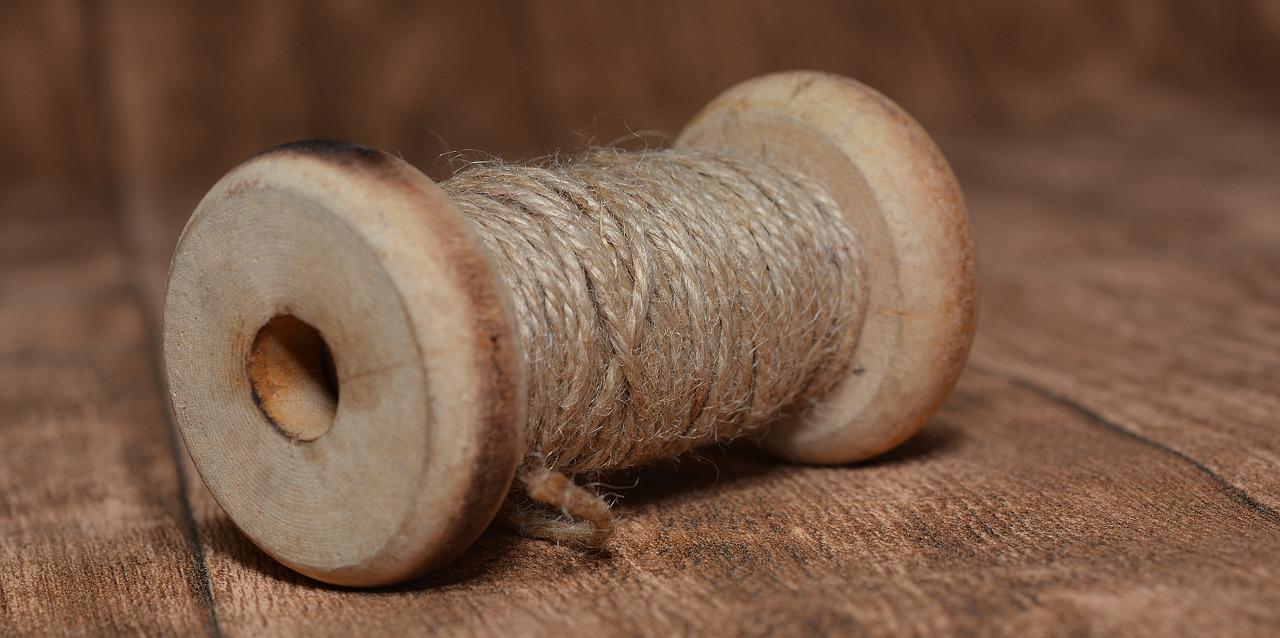Coir
• Also called coconut fibre, it is a natural fibre extracted from the outer husk of coconut.
• Used in products such as floor mats, doormats, brushes and mattresses.
• Ropes and cordage have been made from coconut fibre since ancient times.
• The coir fibre is relatively waterproof, and is one of the few natural fibres resistant to damage by saltwater.
• Coconut fibre is resistant to thermal conductivity, is very tough, ductile, durable, renewable and inexpensive.
• Coir is completely natural, there are no biohazard or disposal problems and is a waste product of the coconut industry.
• Used in products such as floor mats, doormats, brushes and mattresses.
• Ropes and cordage have been made from coconut fibre since ancient times.
• The coir fibre is relatively waterproof, and is one of the few natural fibres resistant to damage by saltwater.
• Coconut fibre is resistant to thermal conductivity, is very tough, ductile, durable, renewable and inexpensive.
• Coir is completely natural, there are no biohazard or disposal problems and is a waste product of the coconut industry.
India and Sri Lanka produce 90% of the coir produced every year.
Brown coir harvested from fully ripened coconuts is thick, strong and has high abrasion resistance and is used in upholstery padding, sacking and horticulture.
White coir fibres are harvested from coconuts before they are ripe, are white or light brown in color and are smoother and finer, but also weaker. They are used for making finer brushes, string, rope and fishing nets.
It is also being developed as an absorbent for oil spill containment and cleaning.
